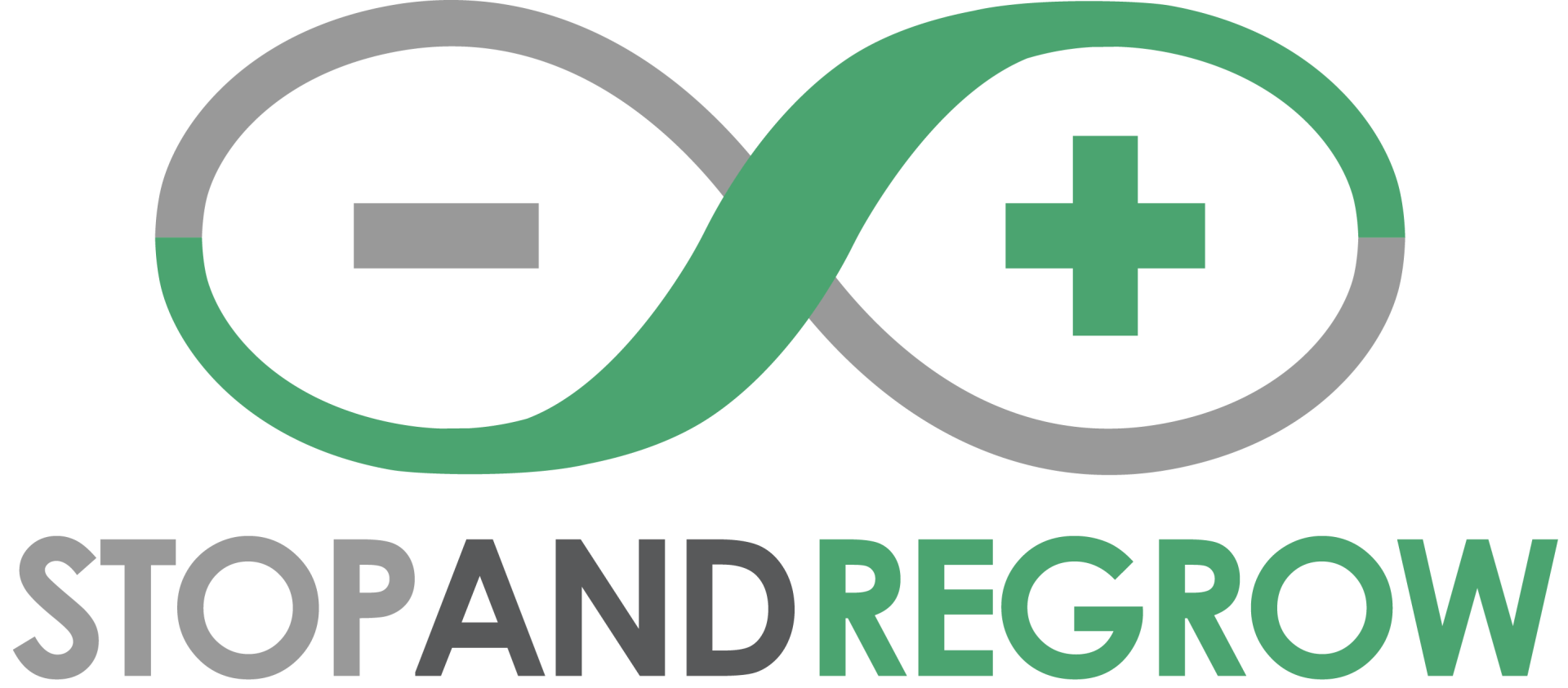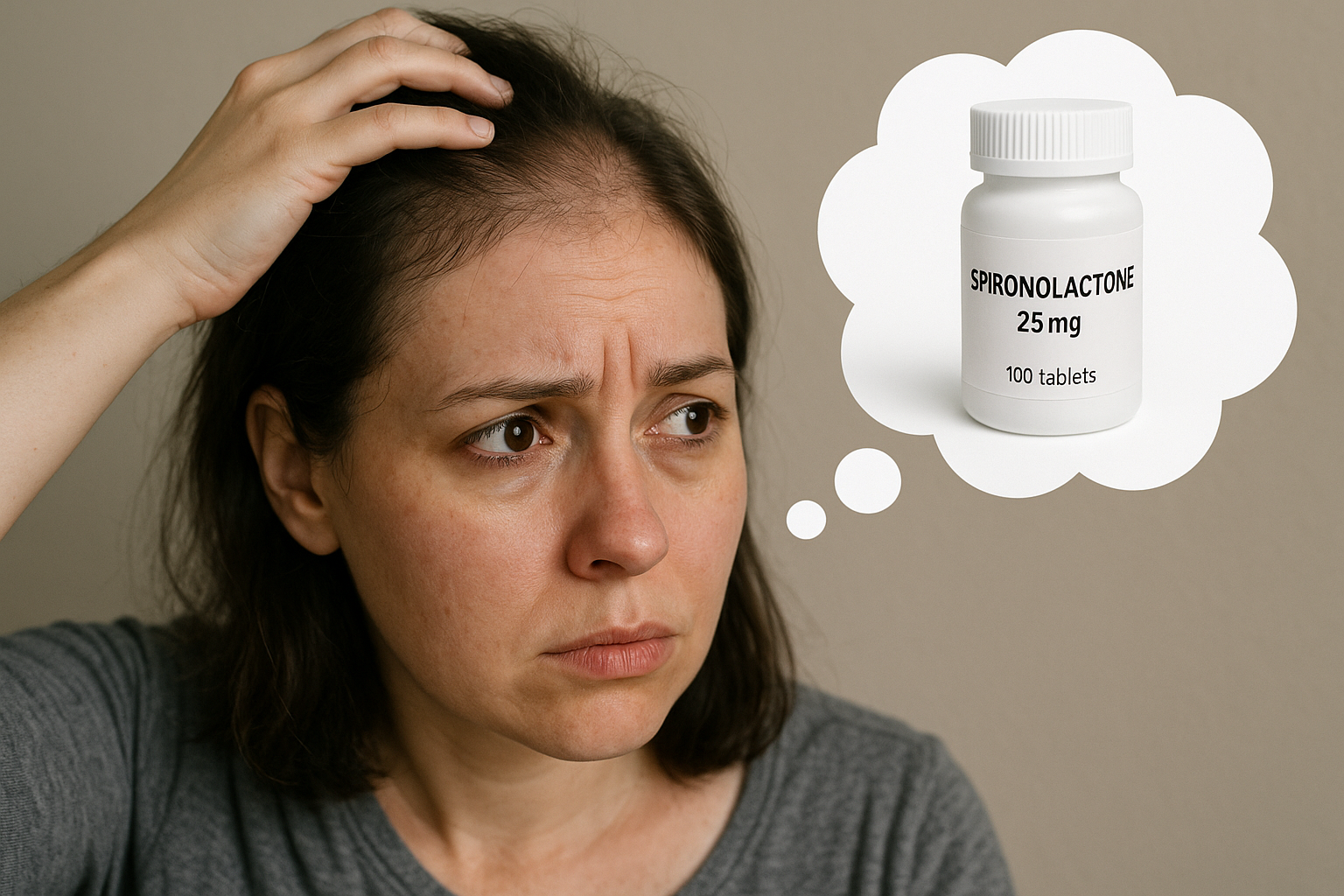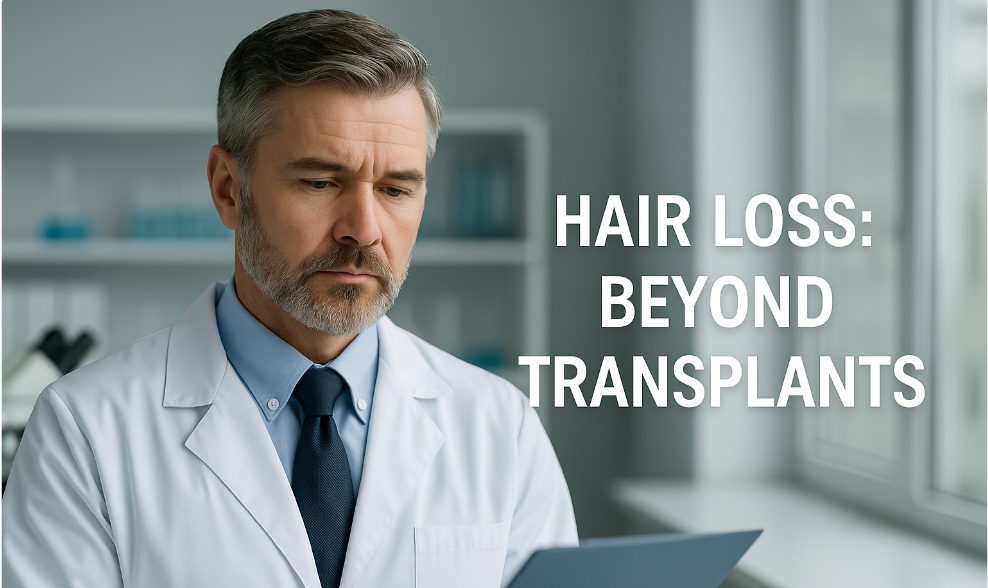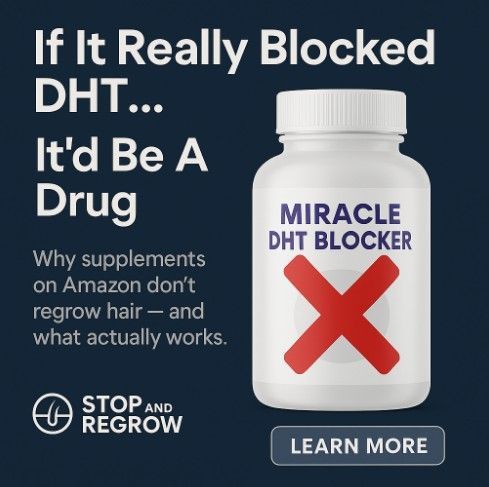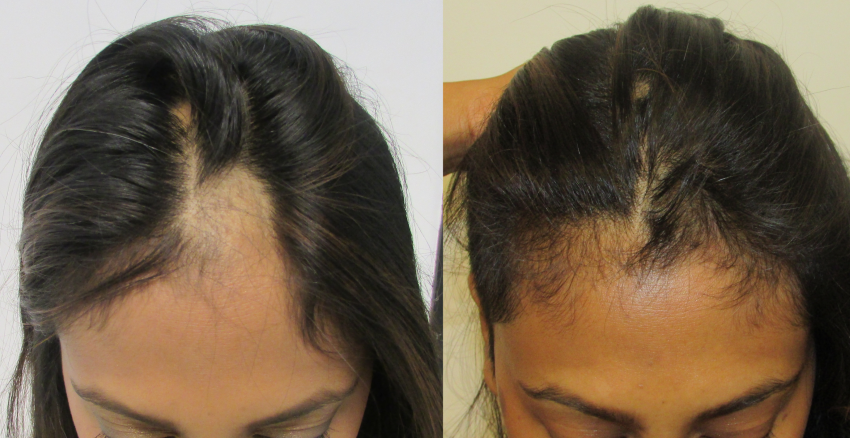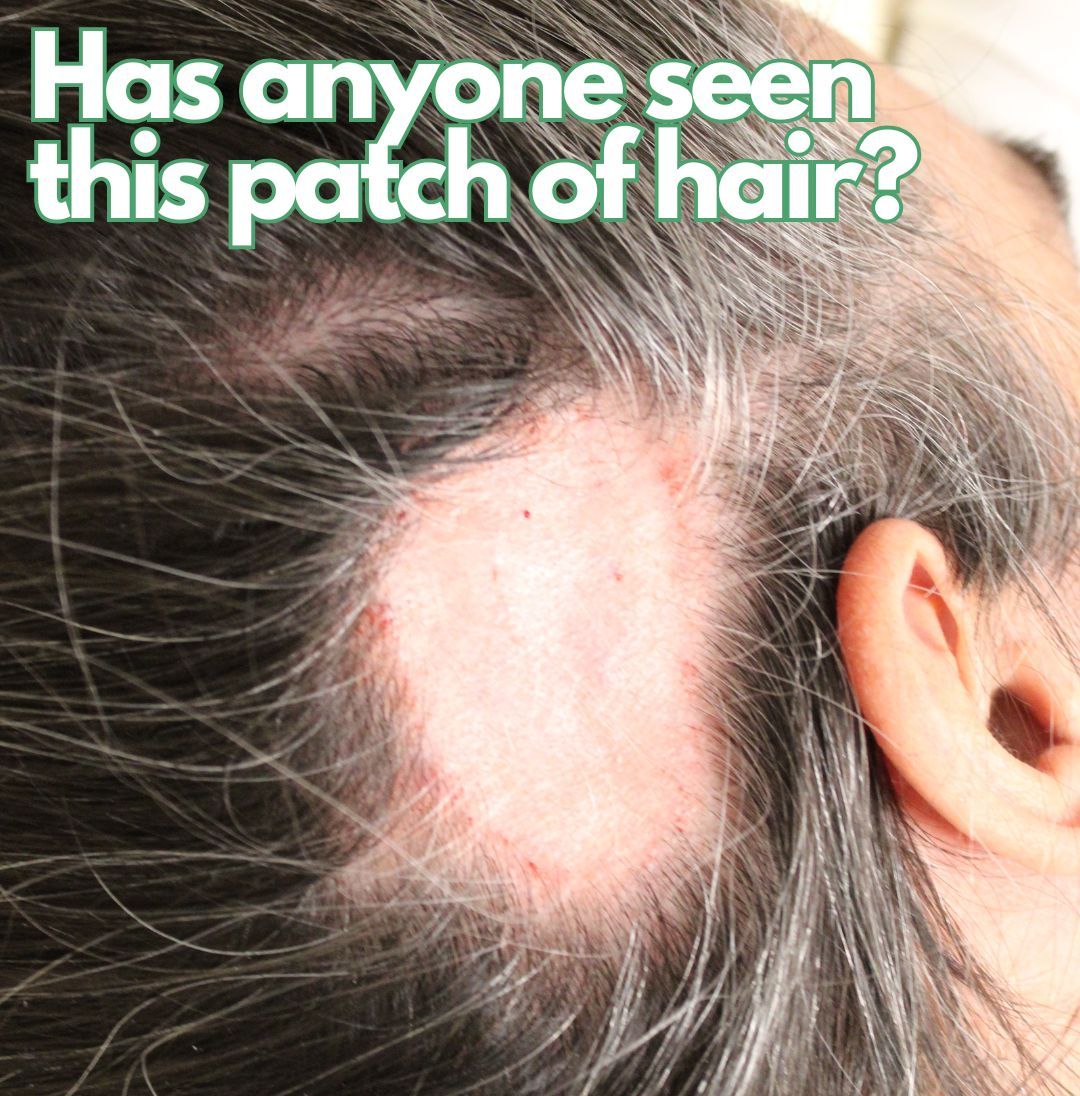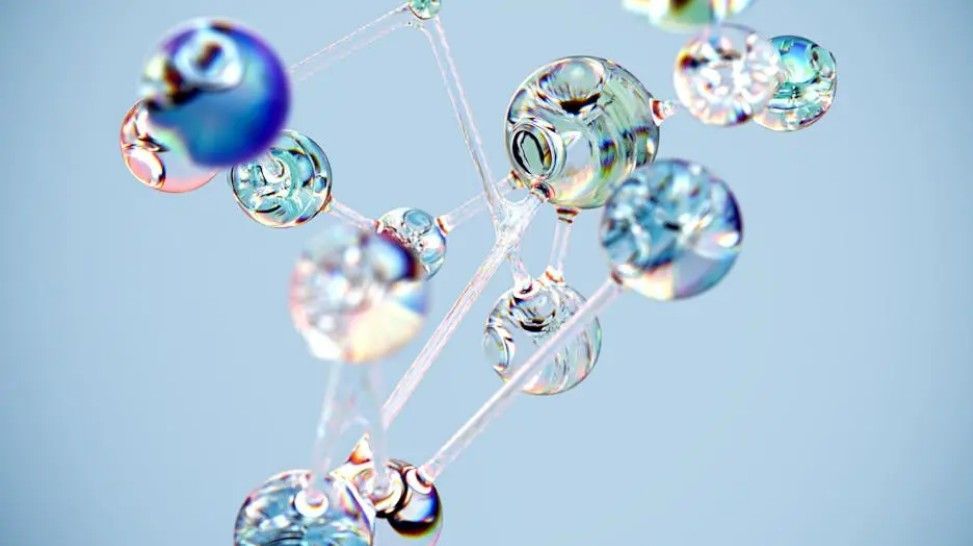Are your Protein Supplements Ripping You Off?
The New Facts Explaining Protein Absorption and Anti-Nutritional Factors
Series: Optimizing our Rocket Ship for Optimal Health to Thrive
Nearly everything within our bodies is made up of protein. From our muscles to our hair, our skin to our eyes, and even the antibodies that make up our immune systems are made of protein. Without it, things start to break down, including your hair! Additionally, our bodies do not store protein (unlike fat and sugar) so it is particularly important to ensure we are getting sufficient protein on a regular basis throughout the day to sustain restoration, repair and growth of our bodily tissues.
There is great debate over which types of protein to consume, the rate and how much our bodies need. Dr. Nettles recommends bringing in at least 100 grams of absorbable protein per day, even higher if you work out regularly and are trying to support a higher lean muscle mass. This is supported by new research studies
which reveals that current protein intake guidelines are not sufficient to support healthy bodily function.
Our modern world’s need for convenience has grown a whole industry for easy to consume protein supplements. The global protein supplement industry was worth $45 billion dollars in 2016. Are you actually getting what you pay for?. A recent research study supports the data that Dr. Nettles is seeing in his patient’s Biochemical Report Card results - that protein supplements may not be what they are cracked up to be after all.
Two critical factors affect how much protein your body can absorb:
1) Rate of absorption
2) Anti-Nutritional factors
Rate of Absorption:
It takes nearly 1.5 hours for that convenient protein shake to pass through the section of your digestive system where it is absorbed. The maximum rate we can absorb protein is 6-10 grams per hour, depending on the type of protein. Let's say for example you drink a 50 gram whey protein shake. You can only absorb a maximum of 10 grams of whey protein per hour. This being said it would take 5 hours to digest that much protein through our G.I. tract. Since it takes 1.5 hours to digest, the maximum protein you will absorb at this rate is 15 grams. The other 35 grams you paid for are essentially wasted. The next question is, can that 15 grams even be put to use by our bodies?
Anti-Nutritional Factors:
A recent study found that many foods contain anti-nutritional factors. What that means is while they contain the amount of proteins stated, they are locked away and unable to be digested and absorbed by our bodies. Eggs are a good example of this. The average egg contains 6 grams of protein. Eggs also contain anti-nutritional factors to protect that protein and stop it from being absorbed by our digestive system. According to Dr. Nettles “this makes sense from a evolutionary perspective. If chicken and bird eggs are continually stolen and eaten by predators like foxes and snakes, their species will struggle to reproduce and survive. If however those predators who keep eating eggs don’t get the nutrition they need from them and end up weak and sick as a result, they won’t keep eating the eggs and the birds and chickens will survive.”
Another example of proteins with low digestibility are those from whey protein. Our bodies are only able to digest a small amount of Whey Protein in liquid form. This is the very same protein form present in most ready to drink Protein Supplements available on the market today.
Dr. Nettles says “I see clients regularly who are consuming large amounts protein supplements on a regular basis, but their lab results come back showing insufficient protein is being absorbed to support their requirements.”
At The True Hair Company, Dr Nettles initial consultation includes your Biochemical Report Card (BRC). Your BRC provides a detailed assessment of your diet including your intake of protein, fat and carbohydrates as well as your internal biochemistry. This enables the doctor to see whether you are bringing in sufficient levels of protein to sustain not only healthy hair growth but a healthy body and strong immune system (think less susceptibility to colds and flu as well as other more severe diseases such as cancer).
To get your Biochemical Report Card, give us a call on (310) 601-4478 or you can book online here.
If you are interested in learning more, check out this other article about protein and how its not really possible to eat too much protein.
